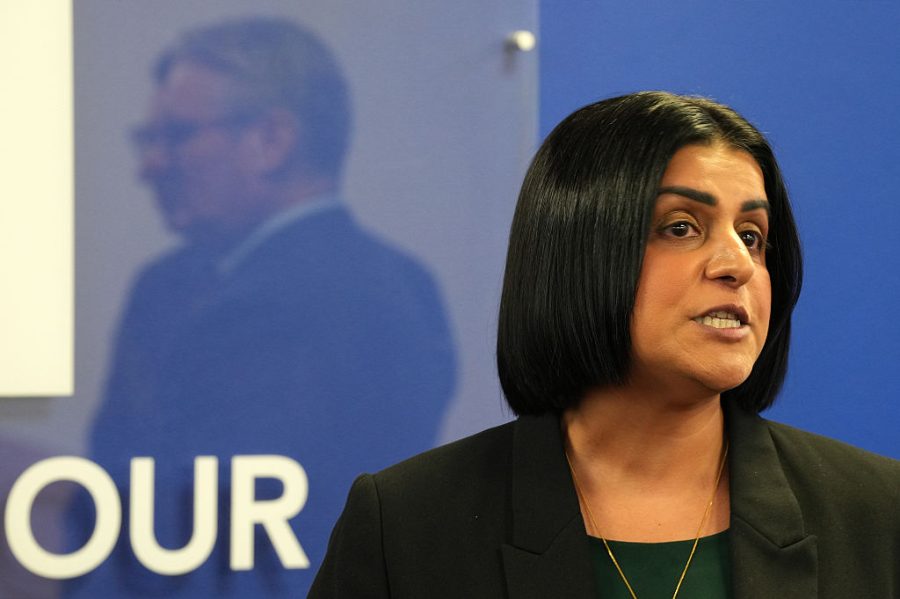This afternoon, the Home Secretary will set out in the House of Commons her proposed reforms to the asylum system. The headline changes proposed by Shabana Mahmood have been well briefed in the weekend press. Refugees will have temporary status and be required to reapply to remain in Britain every two and a half years. Those arriving would have to wait 20 years before they can apply for permanent settlement. Countries that refuse to take back migrants will be threatened with visa bans: Angola, Namibia and the Democratic Republic of Congo are among those likely to be initially punished.
The Home Secretary told broadcasters on Sunday that she will also amend laws that guarantee housing and financial support to asylum seekers who would otherwise face destitution. The statutory legal duty to provide such support, including housing and weekly allowances, will be revoked. Those who have a right to work and who can support themselves will have their support removed. Refugees will continue to have access to public funds, but the government will consult on measures that could mean people have to meet additional requirements to receive benefits.
The question is whether Mahmood can sell the proposals to her own backbenchers
Prior to her promotion in September, Mahmood – as the then Justice Secretary – had signalled a willingness to review the effects of the European Convention on Human Rights on deportations. Two articles in particular are held to be frustrating such efforts: article 3 (protection from torture) and article 8 (right to a family life). Legislation is expected to be introduced to rebalance both of these. Article 3 will be reinterpreted to ‘support the deportation of dangerous criminals’. Article 8 will more tightly define a ‘family connection’ as meaning immediate family. There will furthermore be an overhaul of Theresa May’s ‘Modern Slavery Act’ – a particular object of derision for migration skeptics. Alongside legal changes, Mahmood is proposing technical reforms too. Artificial Intelligence will be used to assess the ages of people who arrive illegally, amid ongoing concerns that adult men are posing as children.
All of this is being excitedly billed as the ‘biggest reforms to human rights law since the second world war.’ The scope of Mahmood’s ambition has impressed many in the press. It is just 72 days since she arrived at 2 Marsham Street to take over the infamous ‘dark department’. It begs the question, as one aide puts it, ‘What exactly was Yvette [Cooper] doing there?’ Inevitably though, the question is whether Mahmood can sell the proposals to her own backbenchers. Many are currently in a truculent mood: already a small band of parliamentarians have broken cover to criticise the proposals.
One admiring Tory MP said that the package of reforms is ‘a position to the “right”’ of both Nigel Farage and Kemi Badenoch’s current platforms. The main critique of both parties is one of process, not principle. They argue that Mahmood will not be able to get these changes past her own side. Mahmood – a practicing Muslim with migrant parents – is viewed by some in No. 10 as having the brains and the backstory to convince her party of the need for urgent change. The Home Secretary’s argument is simple: if Labour does not do this, what comes next will be much worse. In proposing these reforms, she is taking a risk, but one, she calculates, is a necessary and unavoidable one.







Comments